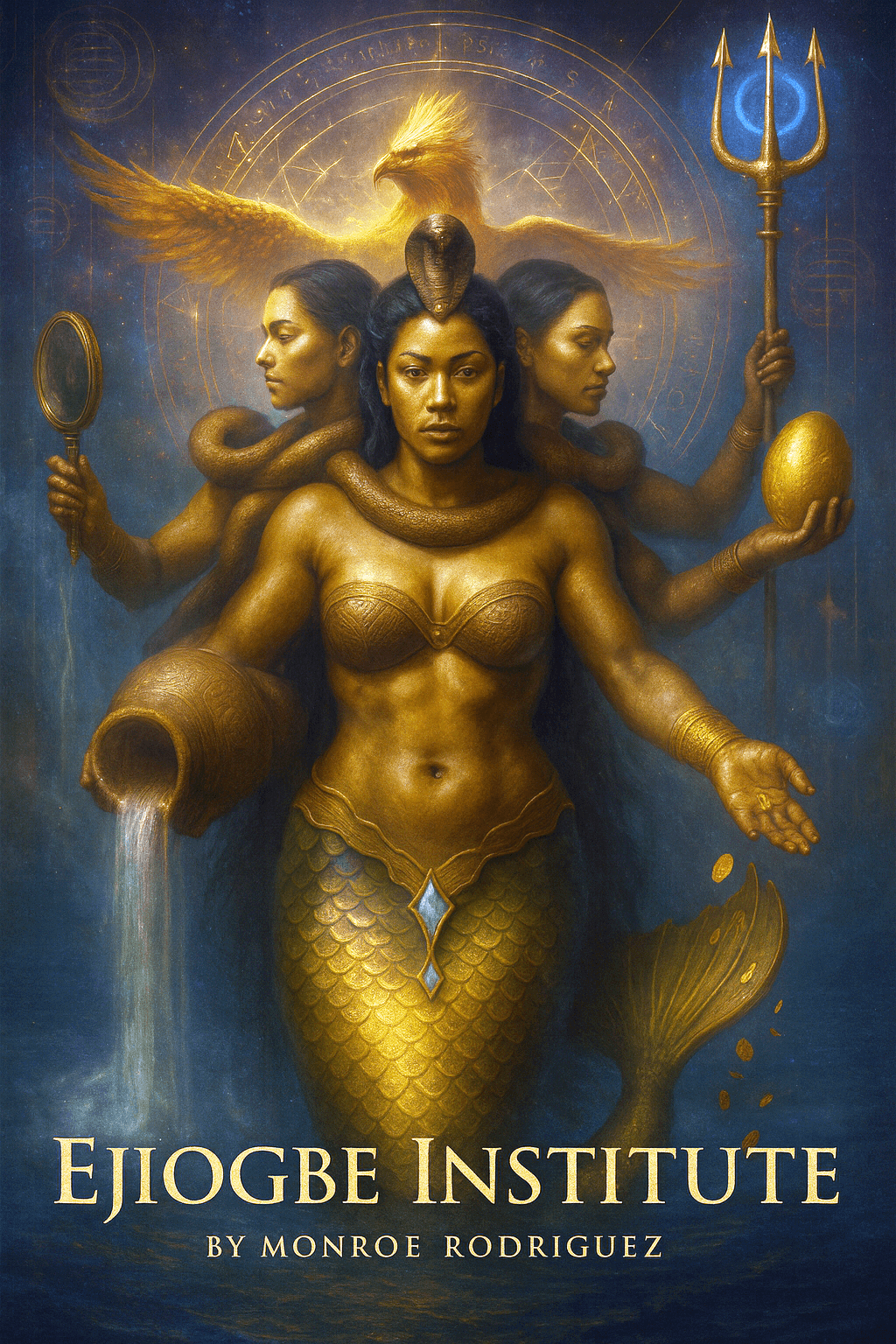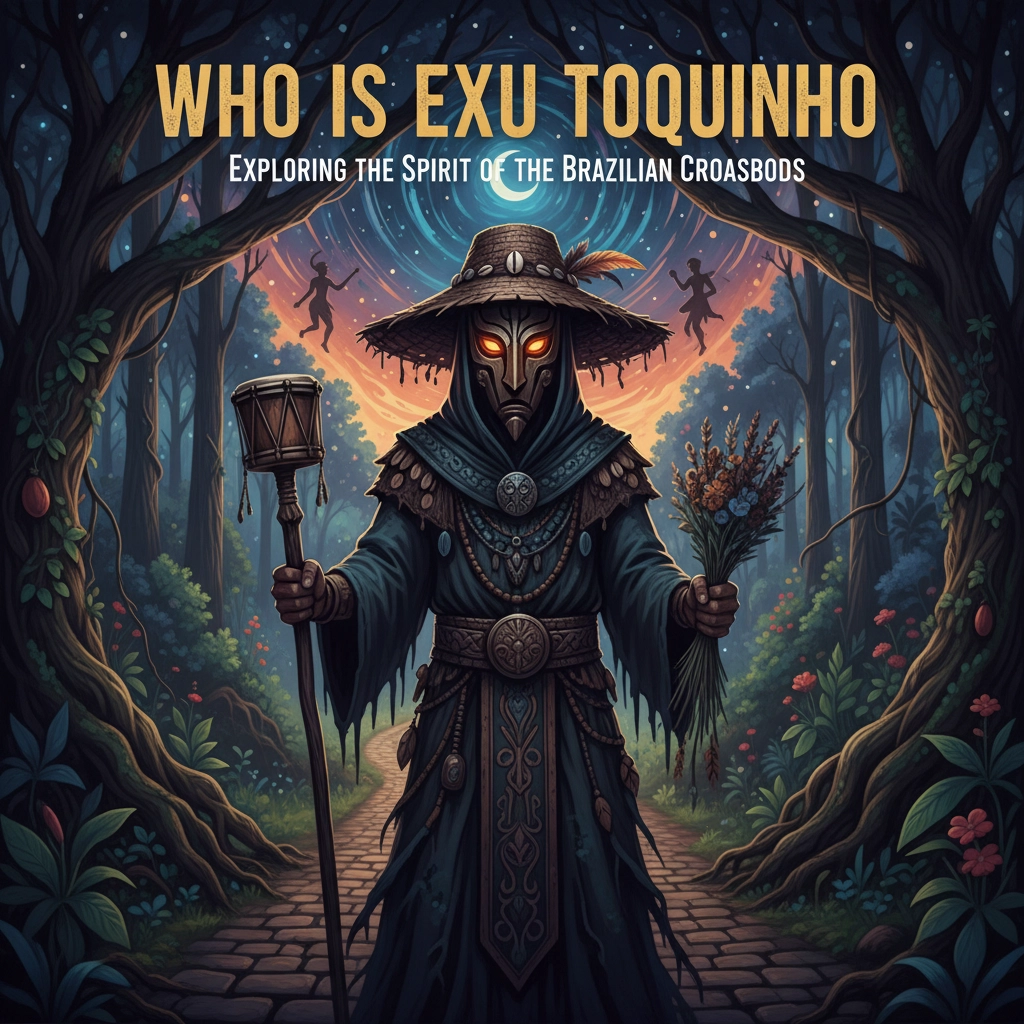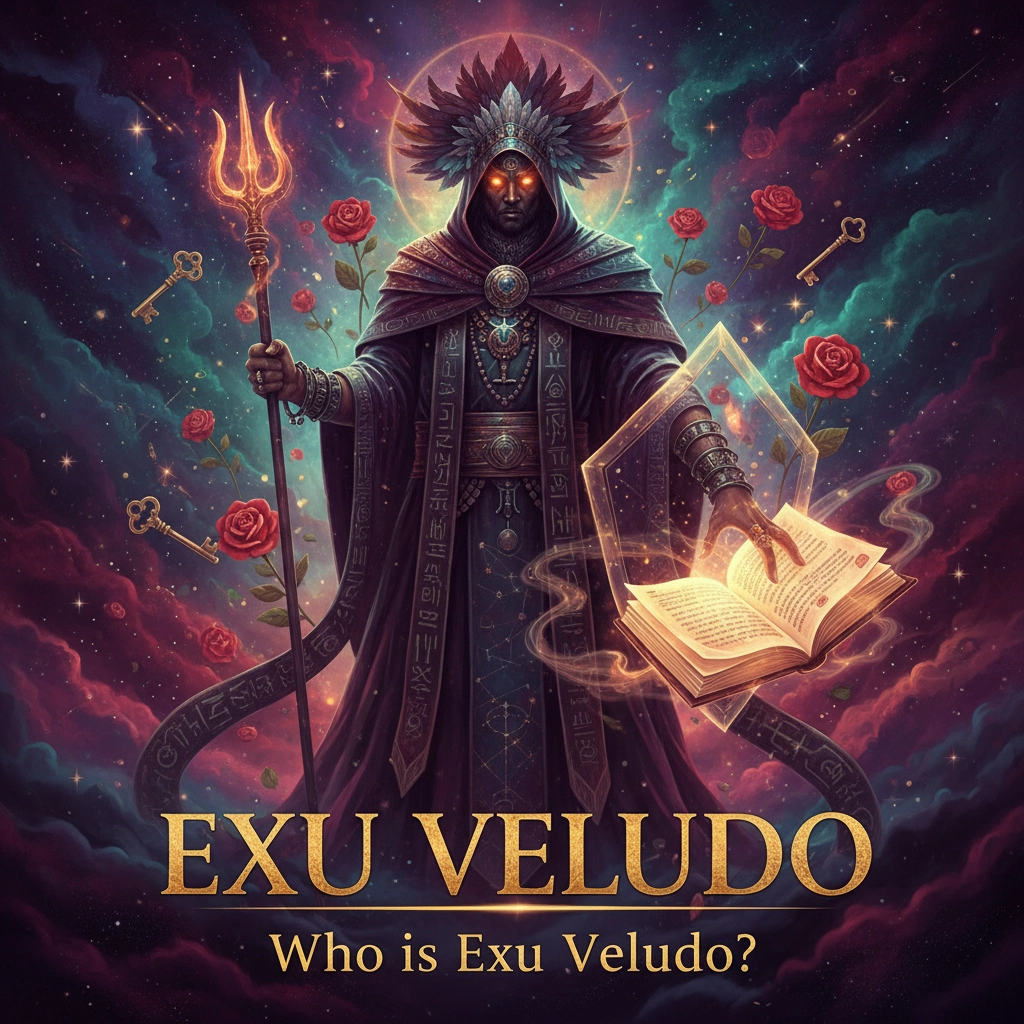What if everything you thought you knew about spiritual entities was filtered through centuries of colonial misunderstanding? What if the very forces that have been demonized and feared are actually sophisticated spiritual allies waiting to be properly understood?
Meet Exu Toquinho: a name that might sound unfamiliar to many, yet represents one of the most fascinating and misunderstood spiritual entities in African diaspora traditions. Far from the demonic caricatures painted by colonial interpretations, Exu Toquinho emerges as a complex spiritual force whose wisdom has guided practitioners through generations of both struggle and triumph.
The Revolutionary Truth About Exu Toquinho
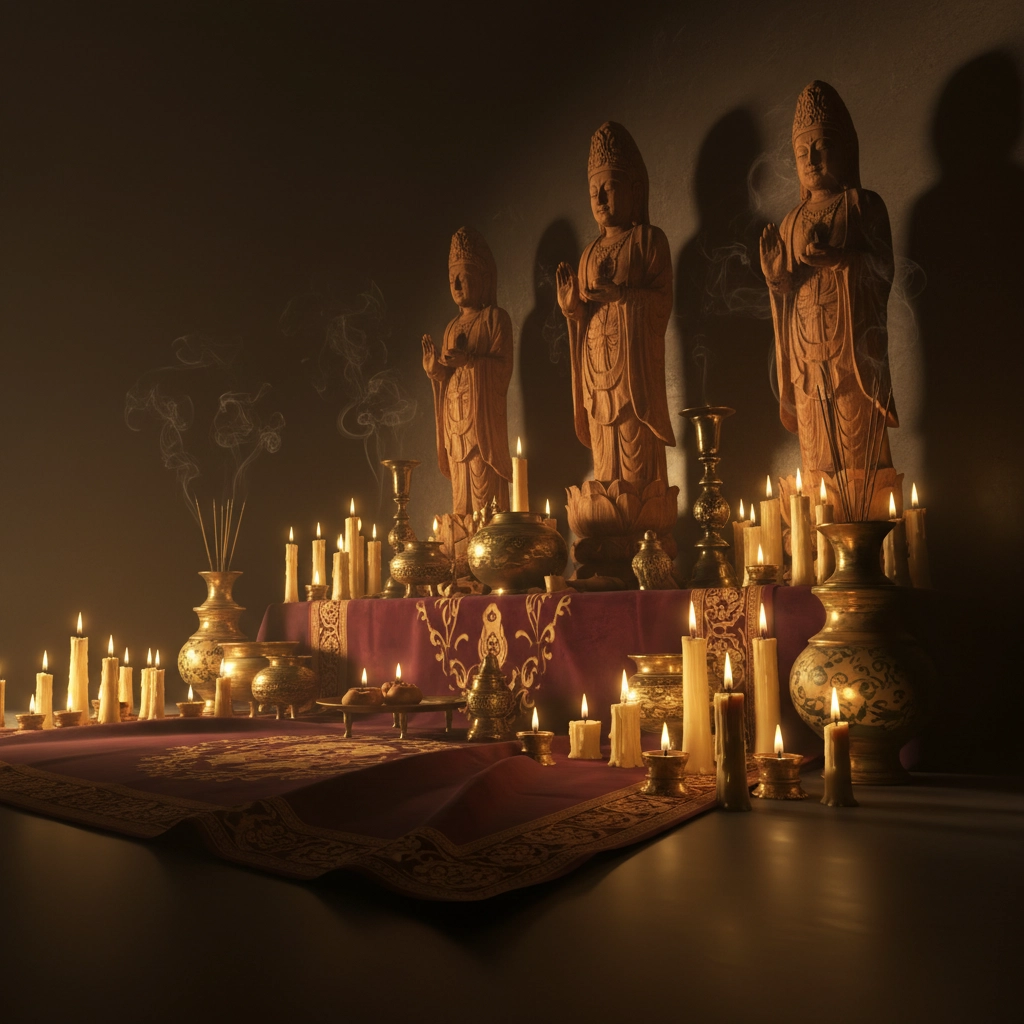
Let's shatter the first misconception immediately: Exu Toquinho is not a demon, devil, or malevolent force. This powerful spiritual entity exists within the rich tapestries of Quimbanda, Umbanda, and Candomblé: African-based religious traditions that have preserved ancient wisdom despite centuries of suppression and misrepresentation.
In the intricate spiritual hierarchy of these traditions, Exu Toquinho serves a crucial role as the representative negativo within the linha de Ogum, specifically in the Linha de Ibeji. But here's where Western minds often stumble: the term "negativo" doesn't mean evil or harmful. Instead, it represents the necessary balance, the shadow that defines the light, the challenging force that promotes growth and transformation.
Think of Exu Toquinho as a spiritual mentor who doesn't coddle or offer false comfort. Instead, this entity provides the harsh truths, the difficult lessons, and the challenging paths that ultimately lead to authentic spiritual development. Where once colonial interpretations painted such entities as threats to be feared, we now understand them as essential components of a sophisticated spiritual ecosystem.
The Sacred Dance Between Challenge and Growth
Within the Linha de Ibeji, Exu Toquinho operates with precision and purpose. The Ibeji line itself represents the sacred twins, the divine children, the playful yet profound aspects of spiritual development. As the representative in Ogum's line, Exu Toquinho embodies the warrior spirit: not the destructive rage of conquest, but the protective fierceness of someone defending what matters most.
There's also the manifestation known as Exu Mirim Toquinho da Calunga, revealing the multifaceted nature of this entity. "Mirim" indicates a youthful or smaller aspect, while "Calunga" connects to the mysteries of death and rebirth, the cemetery crossroads where profound transformations occur. This isn't about morbid fascination with death: it's about understanding the cyclical nature of existence, the necessary endings that birth new beginnings.
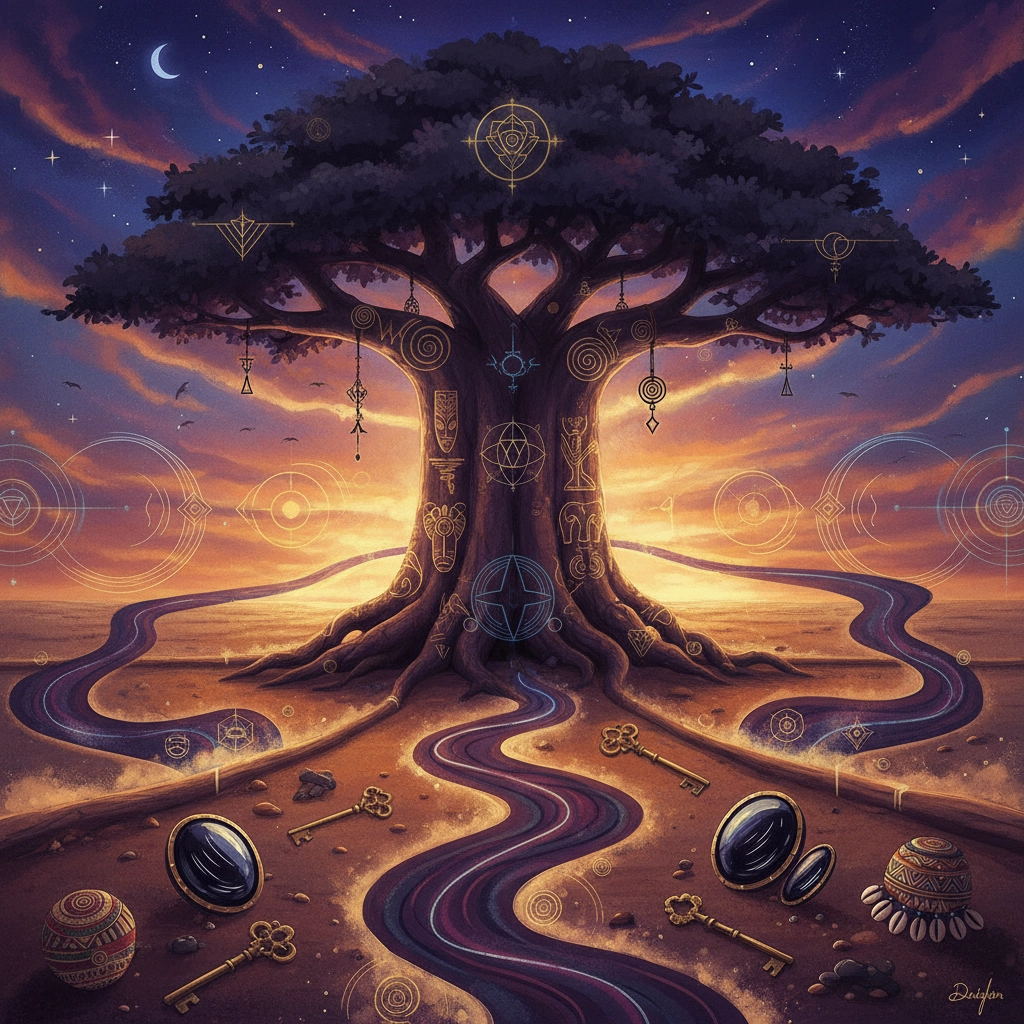
These distinctions matter because they reveal the sophisticated understanding that African traditions brought to spiritual practice. Where Western dualism insists on simple good versus evil narratives, these traditions recognized the complex interplay of forces that actually govern spiritual growth and human development.
Ancient Wisdom Meets Modern Practice
The reverence for Exu Toquinho manifests in concrete, tangible ways that bridge the ancestral with the contemporary. Practitioners create altars adorned with statues and representations of this entity, transforming ordinary spaces into sacred portals where heaven and earth converge. These aren't mere decorative elements: they're living, breathing focal points for spiritual communication and transformation.
But perhaps most powerfully, Exu Toquinho is invoked through pontos: spiritual songs that carry more weight than any academic discourse. These chants, passed down through generations of practitioners, contain encoded wisdom that speaks directly to the soul. When practitioners sing "Canto ao Exu Toquinho," they're not just reciting words; they're participating in an unbroken chain of spiritual transmission that connects them to their ancestors and to the living force of the tradition itself.
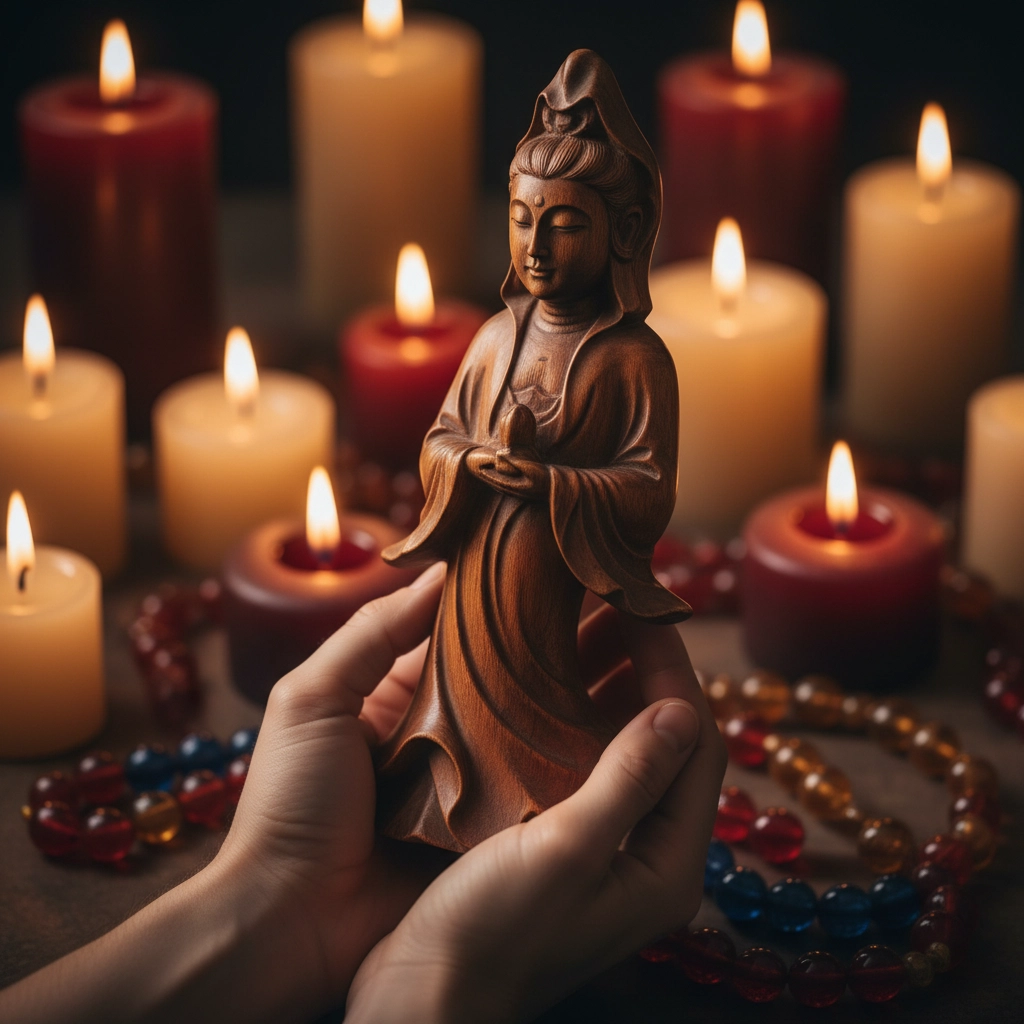
The beauty of these practices lies in their authenticity. Unlike commercialized spirituality that promises instant gratification, working with Exu Toquinho requires genuine commitment, respect, and understanding. This entity doesn't respond to casual curiosity or spiritual tourism: it demands the real thing.
Breaking the Chains of Spiritual Colonization
Here's what the colonial narrative got catastrophically wrong: it assumed that anything challenging, anything that demanded accountability or growth, must be evil. This misunderstanding has robbed countless people of access to profound spiritual allies who could guide them through life's most difficult passages.
Exu Toquinho represents the reclamation of authentic spiritual practice from centuries of deliberate misrepresentation. When practitioners honor this entity today, they're not just engaging in personal spiritual development: they're participating in an act of cultural resistance, reclaiming the dignity and wisdom of African spiritual traditions.
The transformation happening in spiritual communities worldwide reflects this shift. Where once these traditions were driven underground or disguised behind Catholic saints, now practitioners proudly acknowledge the sophisticated cosmology and practical wisdom of their ancestral paths. The whispers of Exu Toquinho aren't fading: they're finding new life in a world hungry for authentic spiritual connection.
The Guardian at the Crossroads of Transformation
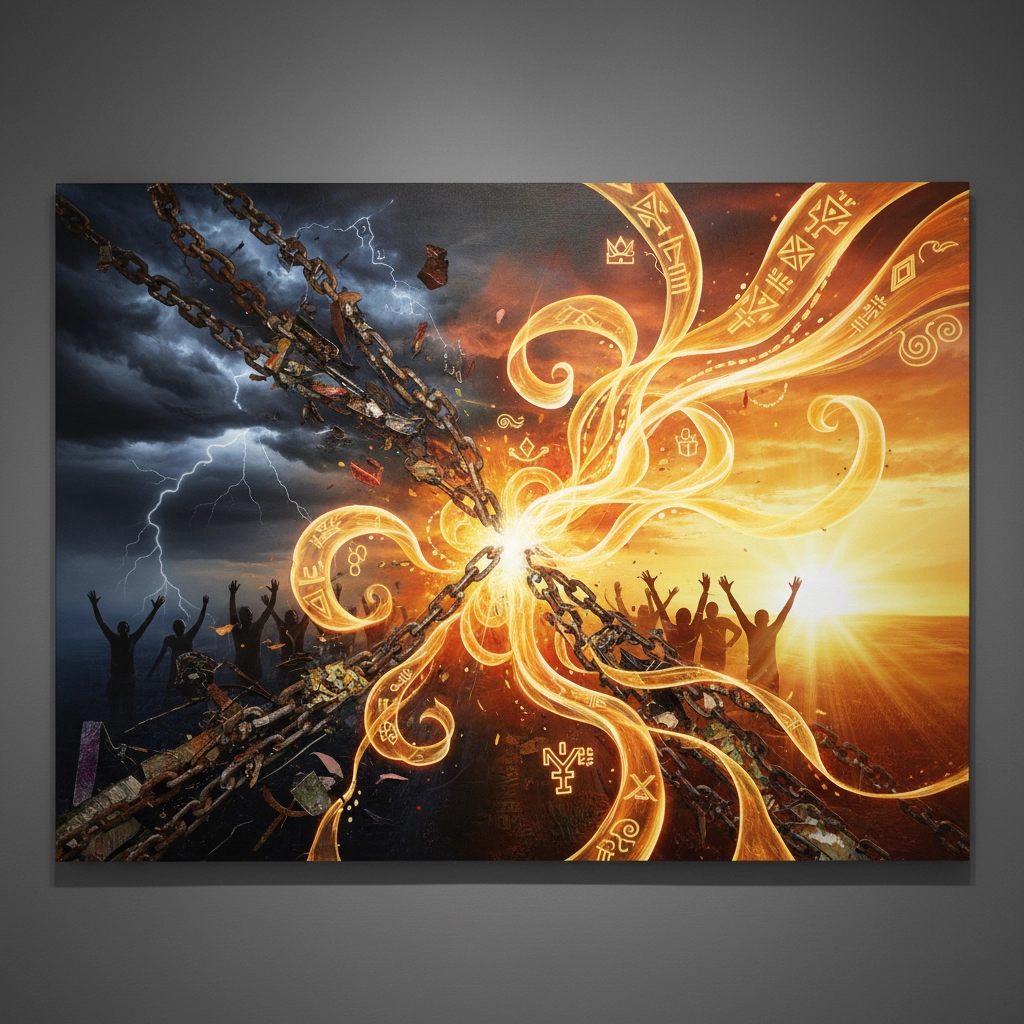
Understanding Exu Toquinho requires understanding crossroads: those pivotal moments in life where easy paths diverge from meaningful ones. This entity specializes in crossroads work, helping practitioners navigate the complex decisions that define their spiritual and material destinies.
Unlike spiritual guides who might sugarcoat difficult truths, Exu Toquinho serves reality straight, no chaser. This entity will reveal the shadow aspects of situations, the hidden motivations, the uncomfortable truths that other spiritual forces might leave unspoken. It's not cruelty: it's profound compassion, the kind of love that cares more about your growth than your comfort.
The relationship with Exu Toquinho develops over time, built on mutual respect and genuine spiritual commitment. Practitioners learn to appreciate the challenging guidance, recognizing that spiritual evolution requires confronting obstacles rather than avoiding them. The entity becomes a trusted ally precisely because it refuses to enable spiritual bypassing or comfortable delusions.
Embracing the Sacred Challenge
In our modern world of spiritual quick fixes and comfortable platitudes, Exu Toquinho offers something revolutionary: the path of authentic transformation through sacred challenge. This entity doesn't promise to remove all obstacles from your life: instead, it offers to walk beside you as you develop the strength and wisdom to meet those obstacles with dignity and power.
The growing recognition of Exu Toquinho and similar entities reflects a broader awakening to the sophistication of African spiritual traditions. Practitioners worldwide are discovering that these ancient paths offer practical wisdom for contemporary challenges, providing frameworks for understanding complexity rather than retreating into oversimplified dualities.

As more people encounter the profound teachings available through respectful engagement with entities like Exu Toquinho, we witness not just individual transformation but a collective healing of the spiritual wounds inflicted by centuries of cultural misrepresentation and suppression.
The Call to Authentic Understanding
The story of Exu Toquinho challenges us to examine our assumptions about spirituality, challenge, and growth. In a world that often seeks to sanitize spiritual practice, this entity reminds us that authentic transformation requires engagement with the full spectrum of human experience: including the difficult, the uncomfortable, and the challenging.
For those drawn to explore these traditions, the path forward requires genuine respect, cultural sensitivity, and commitment to learning from authentic practitioners. Exu Toquinho and the broader traditions that honor this entity deserve our reverence, not our casual appropriation.
The future belongs to those brave enough to embrace authentic spiritual practice, those willing to move beyond comfortable misconceptions toward the transformative power of genuine tradition. In honoring entities like Exu Toquinho, we honor the wisdom of our ancestors while creating space for the profound spiritual evolution our world desperately needs.
The crossroads await. The choice, as always, remains yours.
